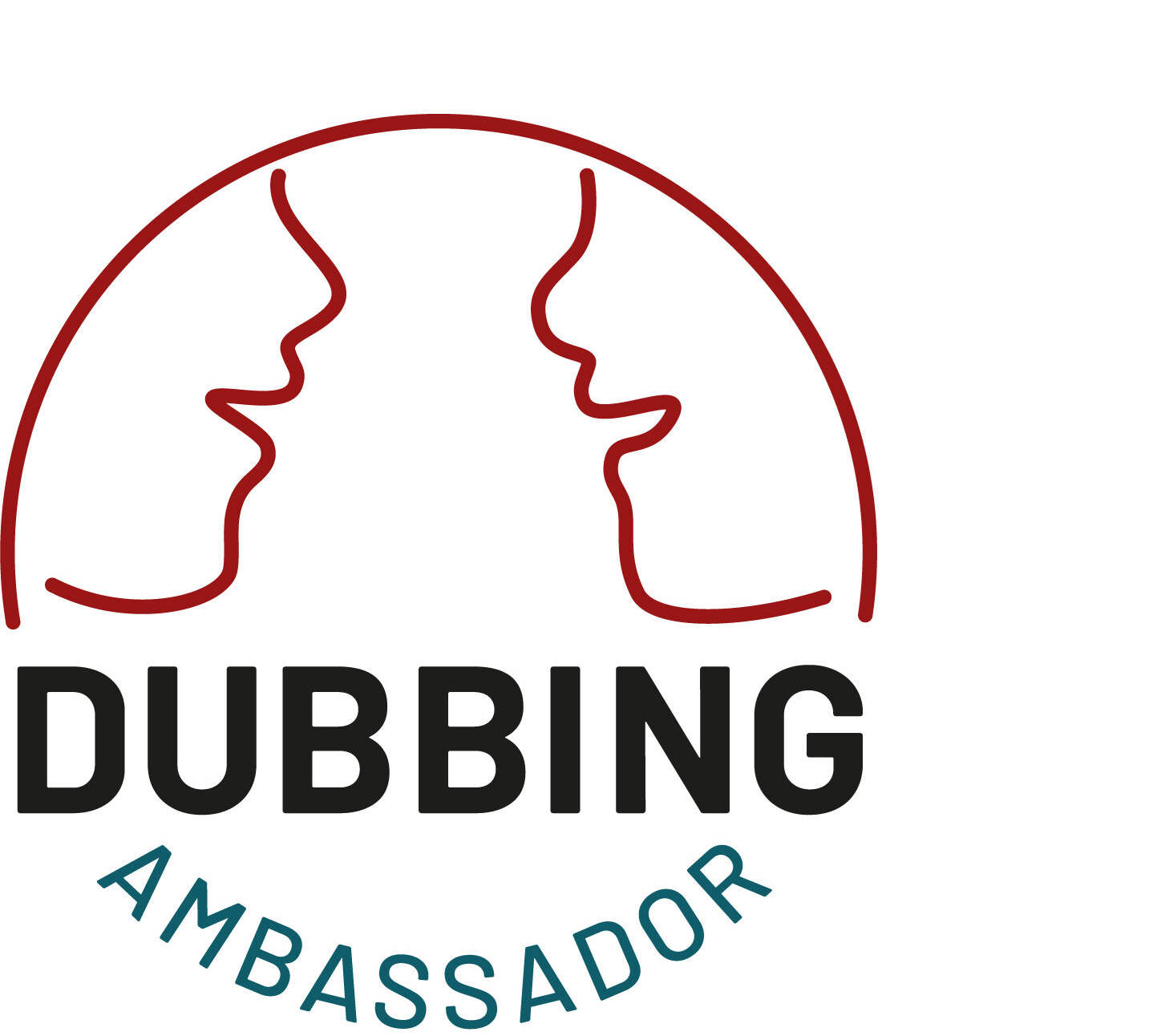I call it dubbing scriptwriting for a reason, rather than, say, dubbingscript writing. Yes, I have a text. And yes, I write a text. But what happens from here to there is not translation.
The written text of any dramatic piece, be it theater or film, is no more than a memory aide, something that can be printed out or sent as a file. Without the performance, and the image, it’s nothing. It wouldn’t be worth the printer cartridge, or the energy it takes to attach it to an email. The audience never sees it. It hears actors speak and laugh and whisper, it sees them wink and close their eyes in delight, taking all of it in.
It takes someone who is at home in both worlds in order to take the original created in one world, and make an audience, which is in another world, appreciate the film in all its subtleties, with all its associations and its emotional impact. Dubbers are the conductors, the enablers. And yes, in order to do that, we write words down. But they have to be words that come alive in a performance, which can then be melded seamlessly and effortlessly into the original, becoming part of it like the music or the special effects.
Recently, because dubbing has become more prominent in the English-speaking world, producers have become aware that in this process, the text gets changed. But you can’t measure this change by putting the two scripts side by side. You’ve made a film – don’t forget the images as soon as you appreciate the translation.
Sure. The dialogue gets translated, after all, so it does get changed into a different language. But this is a transaction that takes image and sounds into account – and the pauses between them and where it happens and other characters’ reactions and much, much more – and thus, cannot be appreciated as words on a page. It has to be appreciated as a performance.
Does it change the original? Sure, to a degree. But if you want your product to travel, you need to package it.
So the real part of my work begins when I watch the film. I take it all in like an audience, and then I put myself in every actor’s shoes and try and imagine what they would say if they spoke German. I create twins for every role that look and feel exactly like the original role, except that they speak another language. Which is why I like the terms doppiare, doublage. I make a double. And then I let it speak German. I try every sentence out loud to hear what it sounds like when I see the image. Does it fit? Yes, the mouth movements play a role, but does it fit the character like their shoes and their makeup? And when I have that, and only then, do I write down any words.
We don’t translate a text. We write the script in another language.




